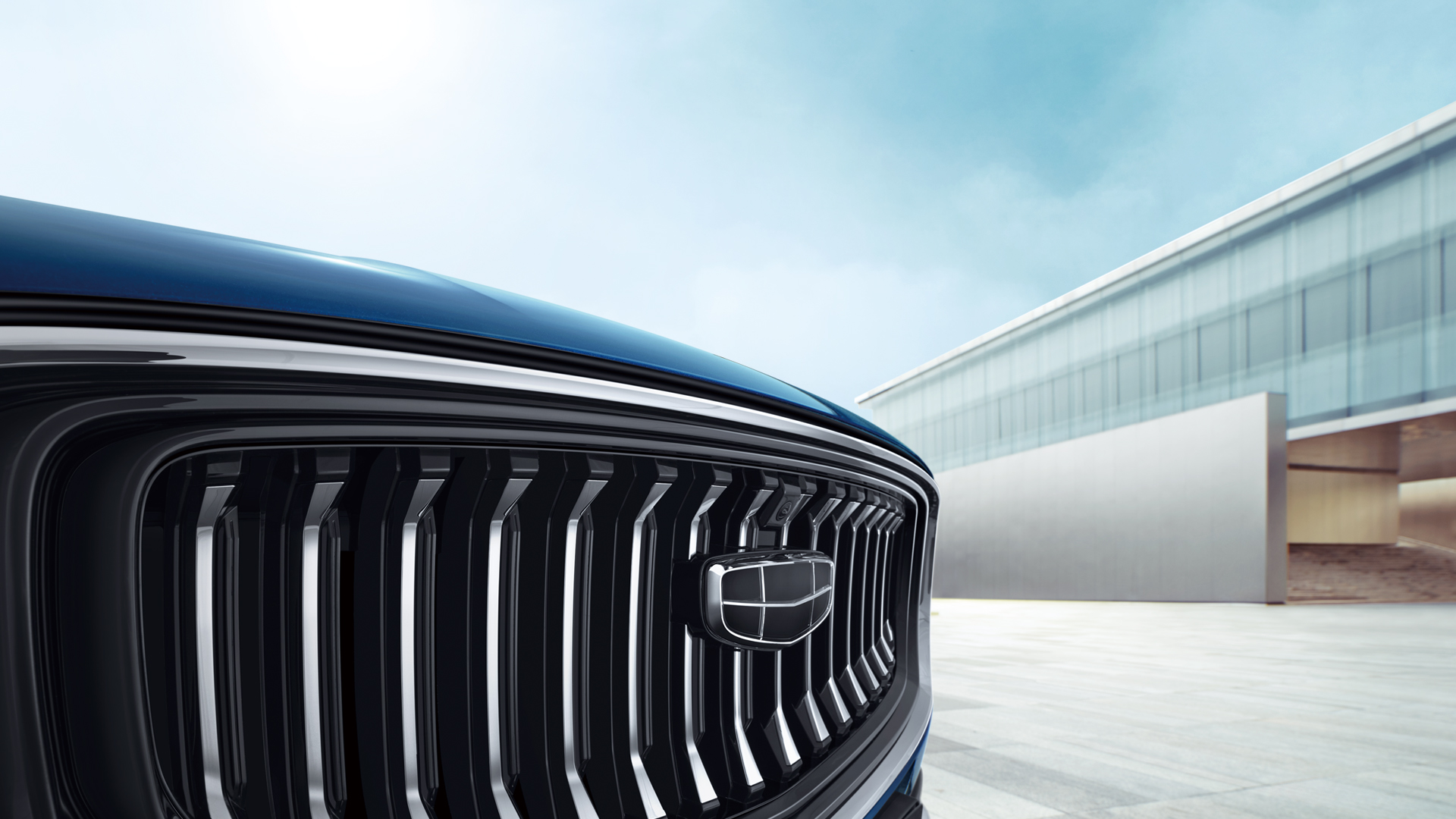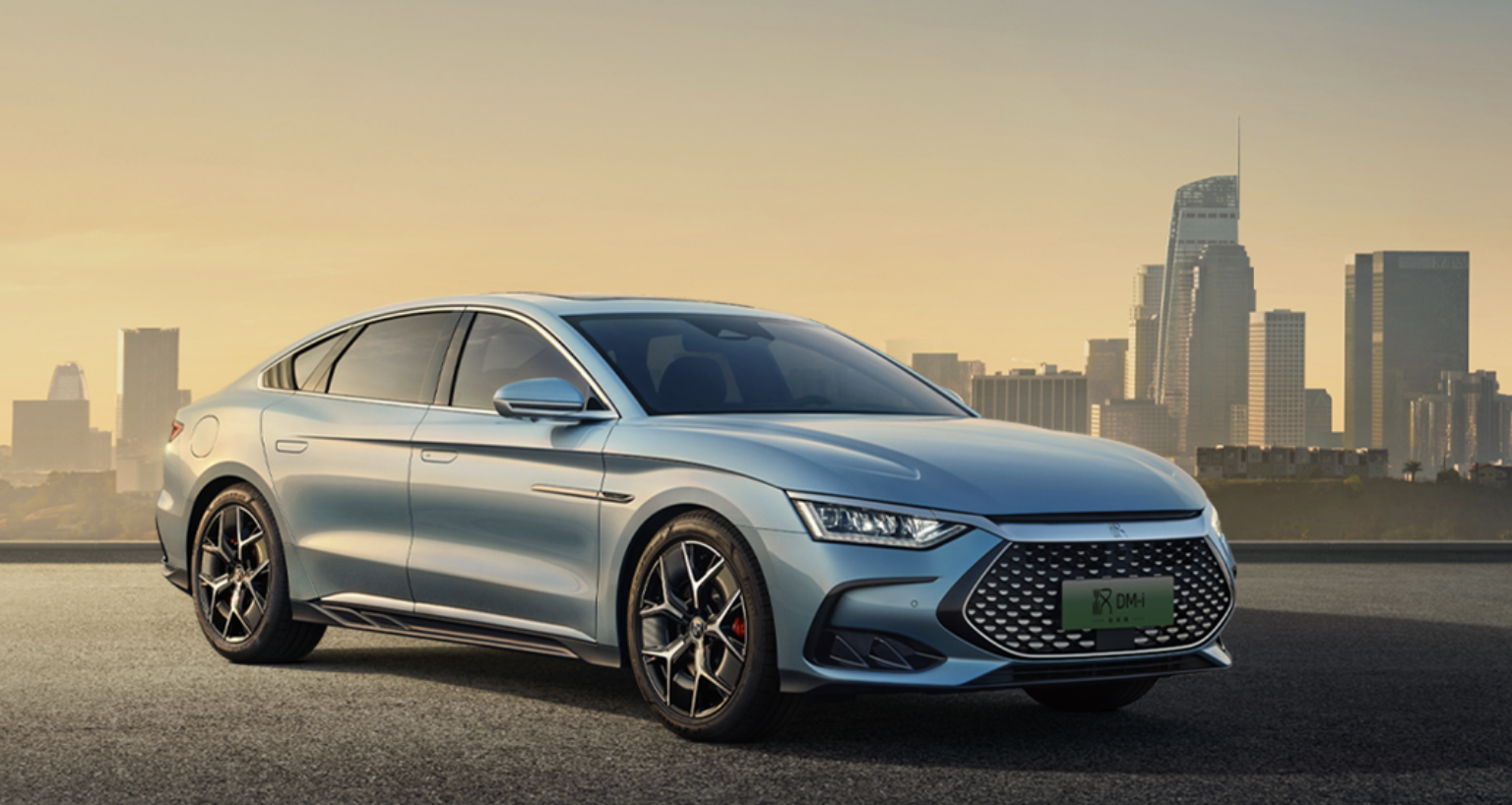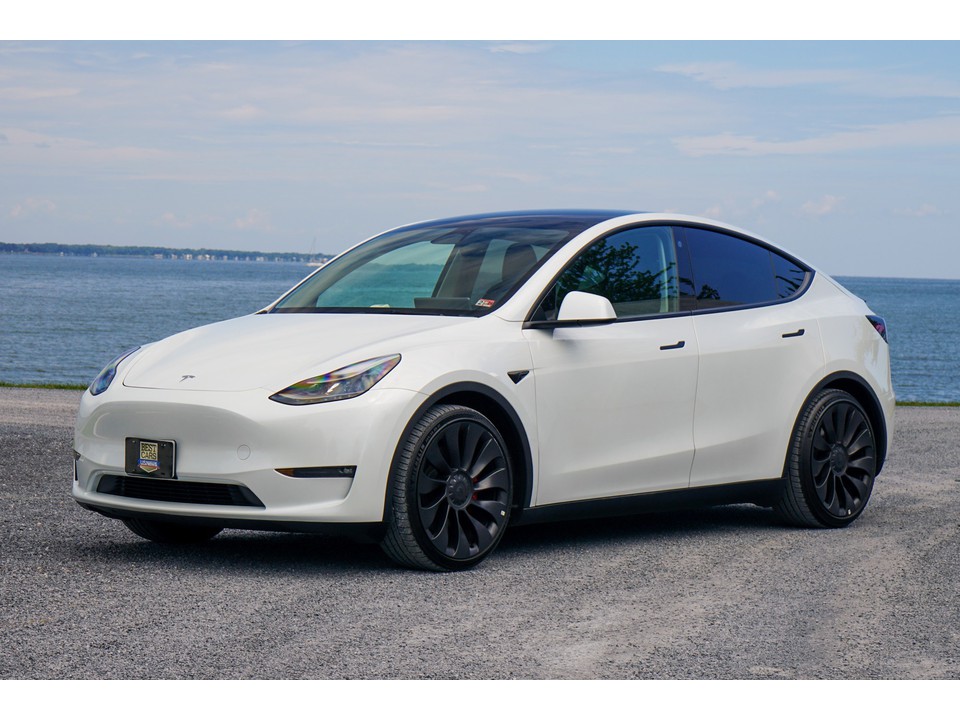Saudi Arabia’s New Energy Vehicle Market
The setting sun at dusk falls on the endless sand sea with crisscrossed hills and ravines, forming a magnificent picture of light and shadow... This is the Kingdom of Saudi Arabia (referred to as "Saudi Arabia"), which has a history of more than 1,400 years and is known as the "Desert Kingdom" and the "Golden Country". ).

There is a saying in the Middle East that "water is more expensive than oil." For this reason, many Middle Eastern countries have turned their attention to the blue ocean surrounding the Arabian Peninsula, but few countries have successfully introduced seawater to control deserts. The biggest difference between Saudi Arabia and other countries in introducing seawater to treat deserts is that the country has the most advanced "seawater desalination technology" in the world. The seawater introduced in Saudi Arabia to treat deserts has been desalinated and desalted, thus solving one of the most common problems. An important hidden danger is “salinization”. In Tabuk Province in western Saudi Arabia, there stands the "Red Sea New City" that has attracted worldwide attention. This is a new green and pollution-free city that Saudi Arabia is building in the vast desert.
Now, Saudi Arabia also plans to create an "oasis" of new energy vehicles in the "Desert Kingdom". After building its own electric vehicle brand Ceer and investing in Lucid, a new American car-making force, and Chinese American Express, a new Chinese car-making force, Saudi Arabia recently announced its cooperation with Hyundai Motor. The two parties will jointly build an assembly plant in the country with an annual output of 50,000 vehicles...
As a major oil and gas country with the second largest oil reserves and the sixth largest natural gas reserves in the world, why is Saudi Arabia so enthusiastic about new energy vehicles recently?
Affordable cars are the most popular, with Japanese cars dominating the market
“There are more cars than pedestrians” is the first impression that Saudi capital Riyadh gives to foreign tourists. "Riyadh is not only Saudi Arabia, but also the largest city in the Arabian Peninsula. 'Riyadh' means 'garden' in Arabic. Today it is indeed a modern garden city. Traffic jams are often found on the main roads in the city during peak hours." Working in Saudi Arabia Haidiz, who is Chinese in the auto parts trade, told a reporter from China Automobile News that at present, Saudi Arabia has a population of more than 36 million, and the number of cars per thousand people exceeds 200. However, Saudi Arabia is not as "full of luxury cars" as rumored. In fact, the top-selling cars in Saudi Arabia are basically Japanese and Korean ordinary family cars, SUVs and pickup trucks. Most local consumers attach great importance to cost-effectiveness when buying cars.
Data show that in the first half of this year, in the Saudi market, Toyota brand sales were 106,000 vehicles, with a market share of 30.3%, which can be said to be far ahead; Hyundai sold 50,374 vehicles, with a market share of 14.42%; Nissan sold 22,621 vehicles , with a market share of 6.48%; Kia Motors sold 20,868 vehicles, with a market share of 5.97%; Isuzu brand sold 20,081 vehicles, with a market share of 5.75%. It can be seen that Japanese cars dominate the Saudi automobile market. It is reported that Japanese cars occupied the market in the early days through pickup trucks and other models, and established brand influence through stable quality and cost-effectiveness. Since then, Korean cars have gradually opened up the Saudi market through similar positioning and lower prices. In recent years, Chinese car companies such as Changan, Geely, MG and Great Wall Motors have also begun to make a mark in the Saudi market.
Hediz said that although Saudi Arabia is the world's largest oil exporter, it is still a developing country and has a large gap in national income levels. In addition to the few members of the royal family and large business owners who are as rich as the country, the construction and real estate industries in Saudi Arabia are also high-income industries, while manufacturing workers have lower incomes, with a general monthly income of about 1,100 to 2,000 US dollars.
The latest data shows that the average age of the Saudi population is 29 years old, and 63% of the population is under 30 years old. "Many ordinary working-class people in Saudi Arabia take loans to buy cars. Young people are very fond of cars and are the backbone of the Saudi car consumer group." Hediz said that in Saudi Arabia, due to insufficient urban bus line coverage and a small overall number , making residents tend to buy private cars. At the same time, except for the lowest average temperature in winter at 13°C in most areas of Saudi Arabia, the other seasons are basically hot weather. It is not uncommon for the highest temperature to reach or exceed 40°C. It is obviously more comfortable to travel in an air-conditioned private car. It is worth mentioning that since June 2018, Saudi Arabia has begun to issue driving licenses to women, coupled with the cheap price of gasoline in Saudi Arabia, these factors have driven car consumption in the country.
Oil and gas major countries seek transformation and accelerate their embrace of new energy
Transforming to new energy and taking the road of green environmental protection has become the general trend of development in today's world. As a major oil and gas country, Saudi Arabia began to consider new topics such as energy transformation and the development of new energy vehicles a few years ago.
In Saudi Arabia’s “Vision 2030” plan, the development of the electric vehicle industry is an important component. In 2022, the Saudi government launched a national electric vehicle strategy. In addition to proposing to increase the market share of electric vehicles, the Saudi government also provided a series of incentives for consumers to purchase electric vehicles, including tax cuts and subsidies. In addition, the Saudi government has also set a goal of reaching 30% of new energy vehicles in the capital Riyadh and producing 300,000 electric vehicles annually by 2030. Data shows that in 2022, Saudi electric vehicle sales will only be more than 1,000 units, but in the first half of 2023, they have increased by more than 300% year-on-year. According to a report by Deloitte, the total value of the Saudi electric vehicle market is expected to reach US$28 billion by 2030.
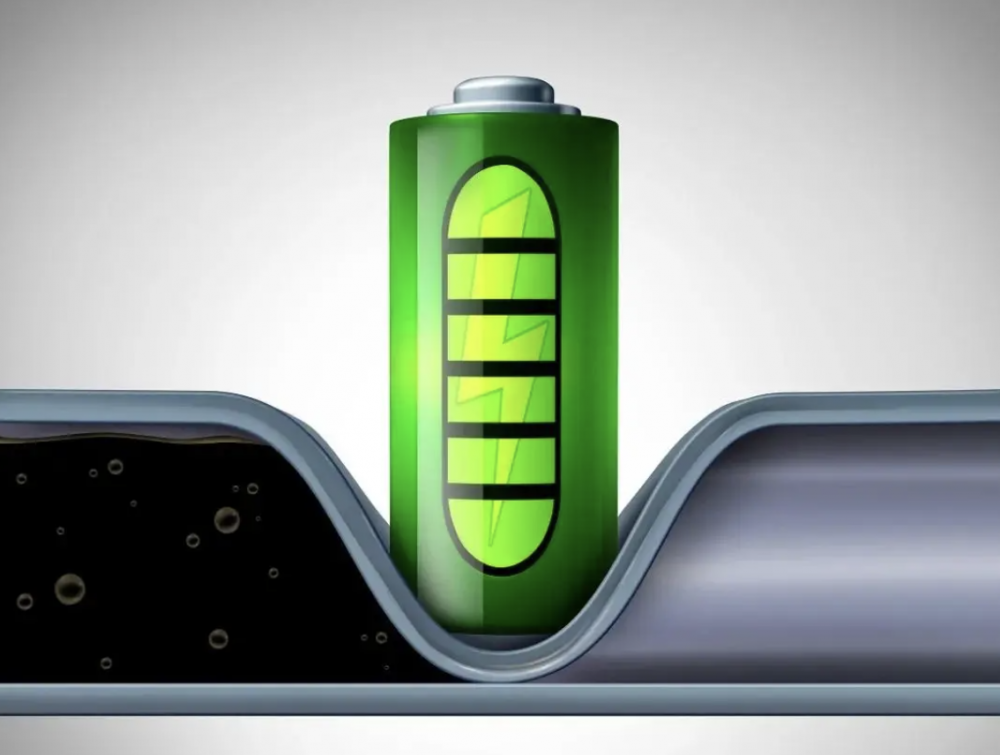
In order to develop electric vehicles, Saudi Arabia has completed the formulation of supporting policies such as relevant legislation, organizational structure and technical standards for electric vehicle charging station infrastructure in August 2022, and will promote the accelerated implementation of charging infrastructure.
"In fact, Saudi Arabia is uniquely endowed with renewable energy resources such as solar energy and wind power, which also provides benefits for the country's development of electric vehicles." Ma Zixuan, a Chinese student at King Saud University, told a reporter from China Automotive News that in terms of solar energy, Saudi Arabia has a dry climate with little rain. , the desert covers a large area, and the average lighting time reaches 8.9 hours a day. Sufficient lighting provides space for photovoltaic power generation. Currently, Saudi Arabia ranks 6th in the global solar energy development potential rankings and 13th in the onshore wind energy potential rankings. In addition to photovoltaics, hydrogen energy is the second largest clean energy source that Saudi Arabia is betting on.
"In addition, Saudi Arabia also has relatively abundant minerals that are the main raw materials for power batteries such as lithium, nickel, and iron." Hediz said that since Saudi Arabia promulgated a new law to attract mining investment, the Australian EV Metals Group mining company has announced plans to invest in Saudi Arabia 3 billion US dollars to build a processing plant for lithium, nickel, and cobalt required for power batteries. Currently, the company has obtained multiple mineral exploration licenses issued by the Saudi government.
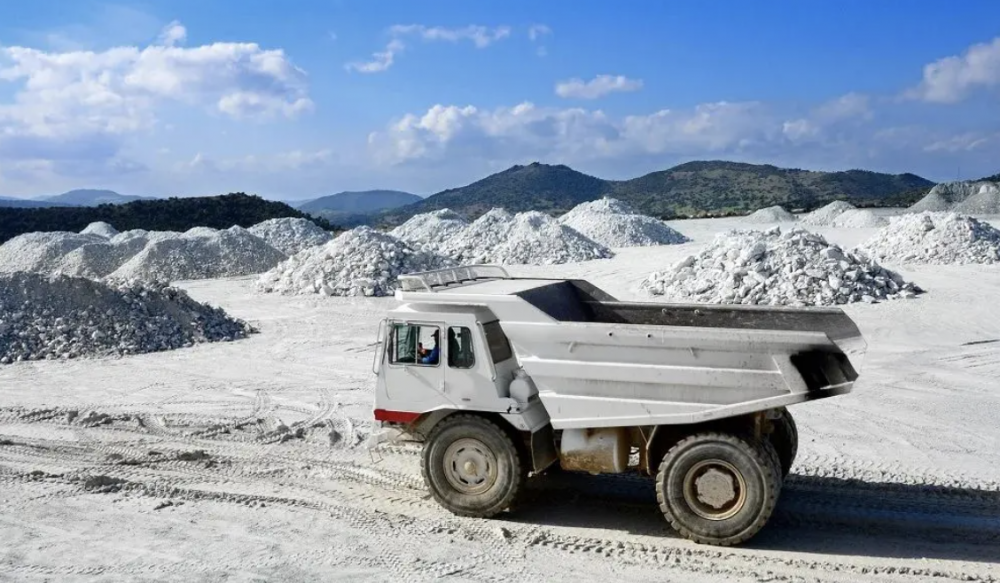
Global "explosion" new car-making forces drive localization and look for potential stocks
In recent years, the global new energy vehicle industry has been developing in full swing, and Saudi Arabia also hopes to take advantage of this trend, on the one hand to drive the development of its own new energy vehicle industry, and on the other hand to find potential high-quality targets.
In September 2023, the Saudi Economic Cities and Special Economic Zones Authority (ECZA) issued a license to the American electric vehicle manufacturer Lucid, allowing it to build and operate a manufacturing plant in the King Abdullah Economic City (KAEC) in Saudi Arabia. "In fact, since 2018, Saudi Arabia's official sovereign wealth fund (PIF) has invested in Lucid at least three times, becoming its largest shareholder." Hediz said that the Saudi sovereign wealth fund PIF has invested more than US$3.7 billion in Lucid. , currently holds more than 60% of the shares. According to Lucid's plan, by 2025, it will produce 150,000 electric vehicles per year at its factory in King Abdullah Economic City, Saudi Arabia.
Saudi Arabia is very eager to develop its local electric vehicle industry. In October this year, Hyundai Motor publicly stated that PIF and Hyundai Motor had signed a joint venture agreement and the two parties would establish a car manufacturing plant in Saudi Arabia. Among them, PIF holds 70% and Hyundai Motor holds 30%. The total project investment is expected to exceed US$500 million.
Saudi Arabia has also invested or expressed investment intentions in a number of Chinese car companies. At the beginning of 2023, Geely Holding, Geely Automobile, Renault Automobile, and Saudi Aramco have signed a letter of intent for cooperation. The oil company Saudi Aramco plans to obtain a minority stake in the joint venture through cash investment. In June this year, the Saudi Ministry of Investment and Chinese electric vehicle manufacturer Human Horizons signed an agreement worth US$5.6 billion. The two parties will establish a joint venture in Saudi Arabia to engage in the research and development, manufacturing and sales of electric vehicles.
In addition, Saudi Arabia is also vigorously developing its own electric vehicle brand Ceer. In November 2022, PIF announced that it would cooperate with Foxconn and BMW to launch the electric vehicle brand Ceer, and planned to spend US$69 million to build a new factory. The first model is expected to be put into production in 2025, making Ceer the first electric vehicle brand in Saudi Arabia.
China Automobile accelerates its deployment in Saudi Arabia and “hit it off immediately” in the field of smart electronics
SAIC MG, GAC Eon, Dongfeng, Chery, Great Wall... At the recent Riyadh Auto Show in Saudi Arabia, new products such as electric, hybrid, and fuel vehicles brought by Chinese car companies have aroused strong interest among Saudi consumers. Among them, MG launched new models such as the MG Whale SUV, the soon-to-be-launched MG7, and the customized MG T60. Great Wall Motors brought star models from its four major brands: Haval, Tank, Euler, and Great Wall Pickup. Chinese brands are accelerating their deployment in the Saudi market, carefully studying the characteristics and needs of the Saudi market, and developing targeted new energy vehicle products that are recognized and loved by local consumers. The sales of Chinese brand new energy vehicles in Saudi Arabia have also grown rapidly, showing good development prospects.
"The growth rate of Chinese brands in the Saudi market is currently the highest among all brands here." Hediz pointed out that currently, Chinese brands account for more than 10% of the Saudi automobile market. Especially Chinese brand new energy vehicles have many "fans" in Saudi Arabia. This is not only because the design and quality of Chinese brand cars have been greatly improved, but also because Saudi Arabia’s car import tariff is low, only 5%.
It is worth mentioning that Saudi Arabia’s capital not only favors China’s new car-making forces, but also has a strong interest in China’s smart electric vehicle industry chain companies. One has "financial ability" and the other has technology. It can be said that the two "hit it off".
Saudi Arabia is located at a hub connecting the three continents of Asia, Africa and Europe. In the long run, it will be of great value to the "global expansion" of Chinese brand cars. China's new energy vehicles have world-leading advantages in terms of intelligence and electrification. With a careful understanding of the Saudi market, Chinese companies have taken the road of "going overseas" to Saudi Arabia with technology, products and services. To a certain extent, It is equivalent to establishing a "bridgehead" based in the Middle East and facing Asia, Africa and Europe. This is of great significance for leveraging the technological advantages of Chinese new energy vehicle companies, supporting Saudi Arabia's development of new energy vehicles and energy transformation, and enhancing the global influence of Chinese brands.
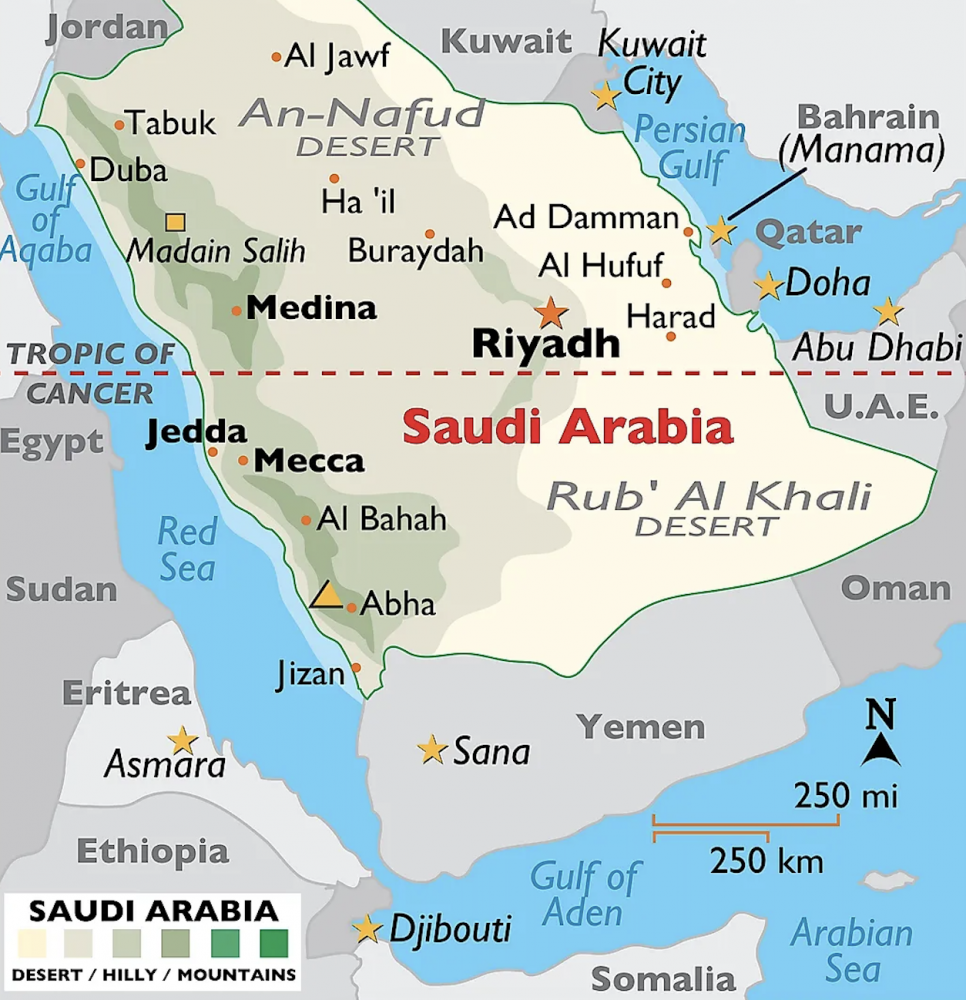

 Russian
Russian

